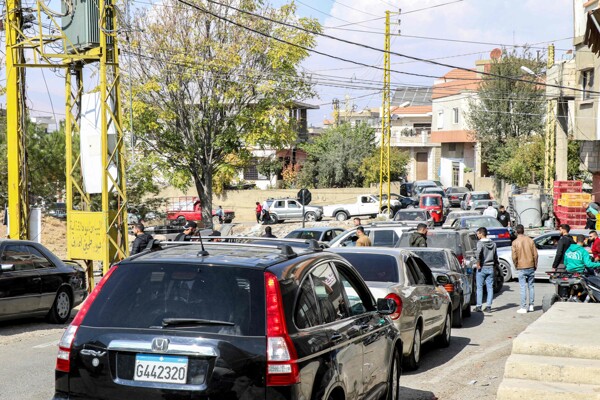
Ayman Jaber's hometown, Mhaibib, which means 'the lover' or 'the beloved', was devastated by a series of explosions on October 16. Jaber, a 45-year-old aviation technician, fondly remembers his childhood in this hillside village near the border with Israel. He and his childhood love used to meet in a courtyard near his uncle's house, waking up early in the summer to harvest the crops.
Mhaibib was famous for its ancient sanctuary dedicated to Benjamin, the son of Jacob, as well as for its stone houses and narrow streets lined with 70 historic one- or two-story houses. Jaber's family meticulously expanded their home over a decade, adding a room during that time.
The mayor of a nearby village, Mays el Jabal, mentioned that the last dozens of resident families of Mhaibib fled before the Israeli destruction, just like the inhabitants of surrounding villages. Israeli forces even raided the village cemetery, Jaber detailed, where generations of his family lay.
Hisham Younes from Green Southerners, an environmental organization, pointed out that Mhaibib was recognized for its ancient constructions and architectural uniqueness. Unfortunately, the Israeli army demolished the sanctuary, the mosque, and numerous ancient houses in an act he described as a war crime and collective punishment.
Schools, businesses, and important places for the community, such as the village pharmacy, were also destroyed in the explosions, leaving behind a trail of memories and emotional ties. The testimony of displaced residents, such as Zeinab and her family, reveals a painful process of loss and reconstruction of the memory of a place that was once their home.













